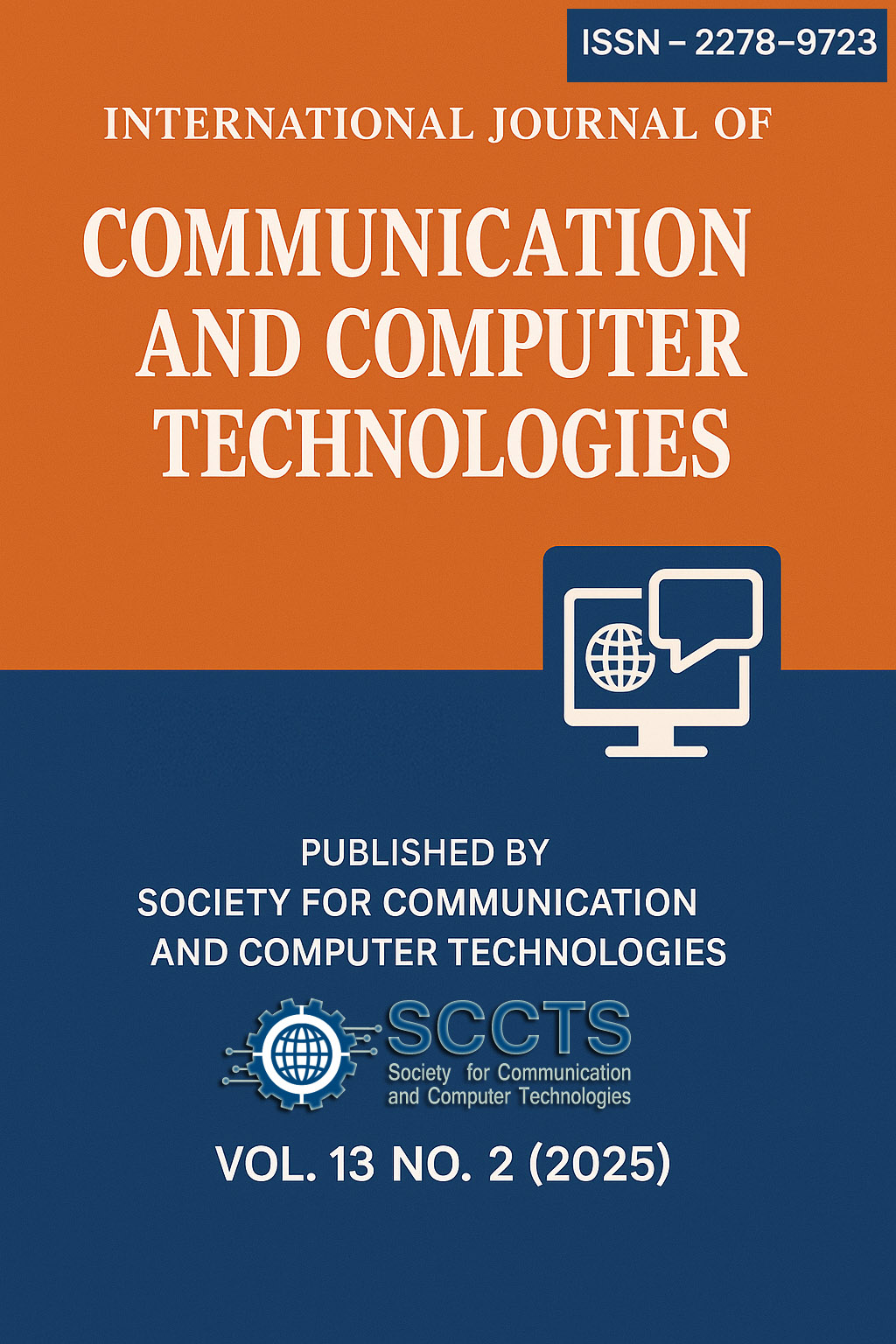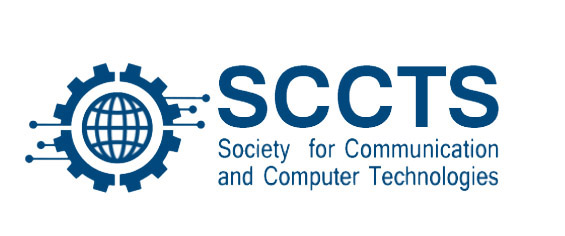Terahertz Bandgap Engineering in 2D Photonic Crystals for Optical Filtering Applications
DOI:
https://doi.org/10.31838/IJCCTS.13.01.05Keywords:
Terahertz Photonics, Photonic Crystals, Optical Filtering, Defect Cavity Resonance, FDTD Simulation, Bandgap EngineeringAbstract
Terahertz (THz) photonics is a rapidly growing field of great importance to next generation of wireless communication, imaging and sensing. This work outlines a novel yet novel two-dimensional photonic crystal architecture that overcomes the performance limitations of present-day THz filters, namely an extremely limited operational bandwidth, with very limited spectral tuning, an excessively large device footprint, and absence of device integration features. The tunable photonic bandgaps covering a frequency range of 0.75–1.2 THz are realized by the lattice topology optimization and engineered defect cavities. The square lattice of air holes in a high refractive index dielectric substrate is designed to have transmission and resonant properties computed with the Plane Wave Expansion (PWE) method and the Finite Difference Time Domain (FDTD) simulation. The introduction of an extra strategically placed point defect introduces spectral selectivity and realizes high-Q resonant mode with the help of it. Simulated results indicate wide bandgap of approximate 0.45 THz, Q of greater than 850, and insertion losses less than 1 dB. The experimental measurements with fabricated silicon based photonic crystal slabs are corroborative to these impressive performance metrics. Such novel tunability, spectral resolution and compact integration enabled by this method make this a promising technique in adapting optics, THz channel filtering or THz reconfigurable photonic systems.
Downloads
Published
How to Cite
Issue
Section
License
Copyright (c) 2025 International Journal of communication and computer Technologies

This work is licensed under a Creative Commons Attribution-NonCommercial-ShareAlike 4.0 International License.









 The articles in Worldwide Medicine are open access articles licensed under the terms of the
The articles in Worldwide Medicine are open access articles licensed under the terms of the 